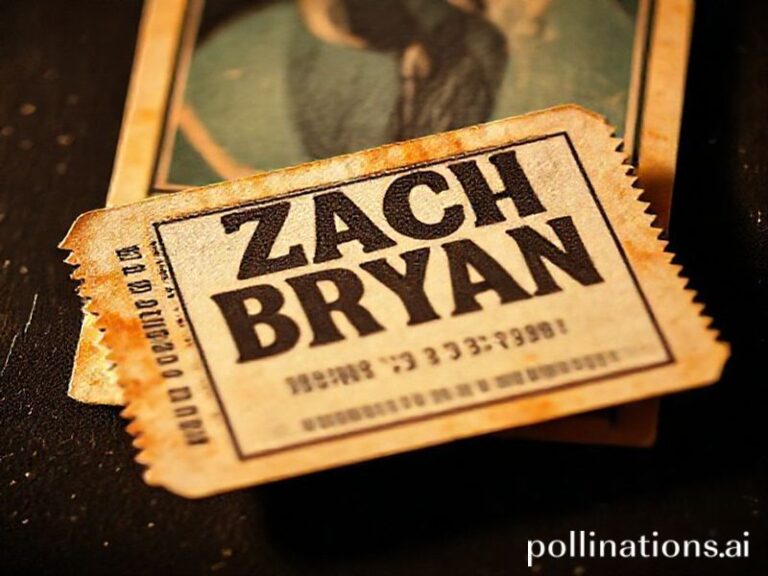Juan Mata Leaves Japan: When the Last Gentleman Bows Out of Football’s Circus
Juan Mata, the 36-year-old Spaniard who still looks like he should be carrying a backpack full of algebra homework, has announced he’s leaving Vissel Kobe after a single season. In the grand theatre of global football—where oligarchs binge-buy clubs like late-night Amazon impulse purchases—this is hardly seismic. Yet, in the sardonic opera of modern sport, Mata’s exit cues a wry aria on what happens when the last gentleman tries to schedule a tea break inside a cryptocurrency-fuelled mosh pit.
Picture the scene: Kobe, Japan—home of the world’s most pampered cows and, briefly, Mata’s latest pilgrimage. He arrived as a revered pilgrim: World Cup winner, Champions League alumnus, owner of a smile so wholesome it could probably negotiate a ceasefire in Gaza. The Japanese fans, who once politely applauded David Beckham for spraining an eyebrow, greeted Mata like a living haiku—graceful, economical, gone before you’ve fully felt its meaning. He played 12 matches, scored once, and departed with the same courteous bow he gave referees after they’d sent him off for breathing too ethically.
From Manchester to Melbourne, the reaction was a collective shrug wrapped in nostalgia. United supporters recalled the tiny midfielder who arrived in 2014 promising “creativity and paella,” then quietly spent eight seasons rescuing lost causes and teaching Jesse Lingard how to spell “altruism.” Chelsea fans, still pretending 2012 never ended, remember his free-kick against Bayern like it was the fall of the Berlin Wall—liberation, but with better hair. Meanwhile in Turkey, Galatasaray ultras lit flares at the rumour he might drop by, because nothing says “welcome” like pyrotechnics and unpaid wages.
The global implications? Minimal, unless you’re tracking the worldwide shortage of decency. Mata’s Common Goal initiative—where players donate 1% of salary to social causes—now boasts 200 members from 30 countries, proving that even in an industry lubricated by petrodollars and gambling logos, a sliver of conscience can go viral. Of course, 1% is roughly what your average hedge-fund exec spends on artisanal dog food, but in football’s moral vacuum it’s practically canonisation. FIFA, ever allergic to genuine virtue, responded by launching its own “Foundation for Something Something” and immediately forgot the password.
Economically, Mata’s wanderlust illustrates the new mercenary map: Spain→England→Manchester United’s bench→Turkey→Japan→possibly Australia, where the A-League is currently marketed as “retirement’s Gap Year.” Each stop adds another passport stamp and subtracts a cartilage. Analysts at Deloitte estimate his cumulative transfer fees wouldn’t buy you a week of Neymar’s Instagram ads, yet sponsors still queue up because his personal brand is “safe, wholesome, unlikely to appear in a leaked video shouting at referees in Catalan.”
Geopolitically, Mata’s farewell wave from the land of sushi and shinkansen is a gentle reminder that soft power now dribbles through cleats. Japan, seeking to distract from a plummeting yen and a birth rate lower than a centre-back’s IQ, lured ageing Galacticos like Iniesta, Villa, and now Mata. The J-League’s slogan might as well be “Come for the cherry blossoms, stay because your knees have unionised.” Meanwhile, the Premier League’s broadcast rights auction resembles a Bond villain’s ransom note, beamed into 190 countries where viewers only half-watch because the alternative is local news about inflation and coups.
So where does the last nice guy go next? MLS beckons, where he could sip oat-milk lattes with Messi and debate VAR over artisanal tacos. Or perhaps he’ll finally retire to run Common Goal full-time, wandering conflict zones with nothing but a clipboard and impeccable manners. Either way, the planet will keep spinning, oligarchs will keep laundering reputations through sport, and fans will keep pretending that 22 millionaires kicking a ball is somehow the moral compass we never voted for.
In the end, Mata’s departure from Kobe is less a transfer and more a parable: a gentle soul politely excusing himself from the banquet just as the tablecloth is being yanked away. The world won’t change, but for a brief moment we were reminded that decency can still nutmeg cynicism—before cynicism two-foots it from behind and gets away with a yellow.







